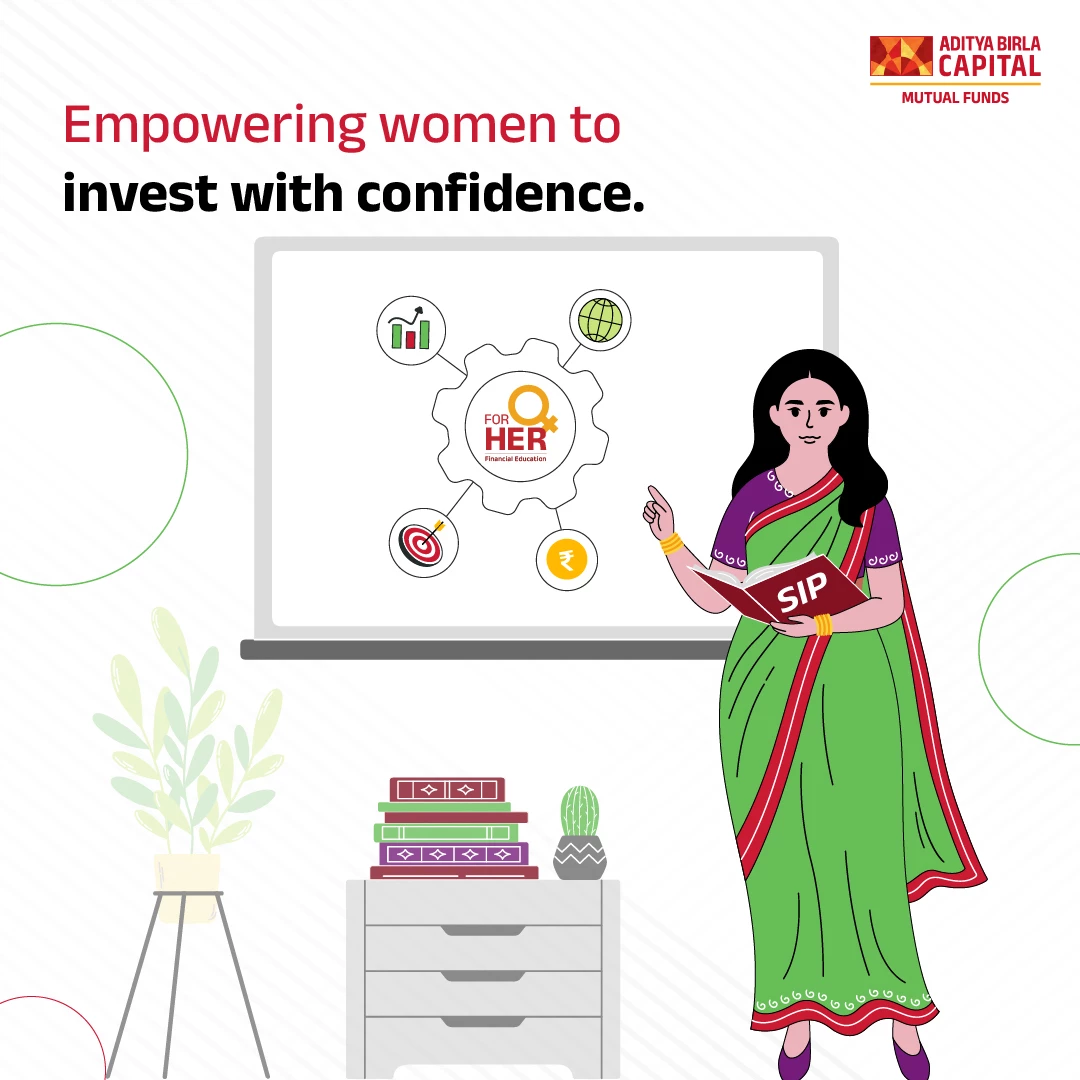Women juggle many roles in their lives. They are daughters, sisters, wives, mothers, friends, bosses, and so much more. Wearing multiple hats can get rather tiresome since every relationship emotionally demands a big chunk of you.
However, for women of the sandwich generation, emotional and physical contributions are not the only drainers. There’s a component of financial stress as well. The sandwich generation is an exclusive set of individuals, usually aged between 30-59 at present, who are caught between the responsibilities of caring for their children and ageing parents at once.
According to a study from Pew Research Center, one in seven Americans between the ages of 40 and 60 provides financial support to both a parent and a child. While the situation is not as grave in India, it is still very much a reality. Another local survey in India found that 89% of India’s sandwich generation is under stress, with more than half of them feeling as though they aren’t doing well financially.
If you look at the dynamics of caregiving, it is often women who are caught between caring for their ageing parents and young children. For a working woman, these responsibilities come in the way of her career. Yet, it is considered the moral responsibility of a woman to provide this care.
How To Deal With Being Sandwiched?
Firstly, a woman of the sandwich generation must tend to herself emotionally. This could entail setting up a support system, asking different family members for help with caregiving and setting realistic expectations for what can and cannot be achieved. Doing this will set the stage for divided responsibilities.
When it comes to the financial burden, it can be quite a strain if it is not being shared. For instance, a divorced or single mother caring for her parents might also find herself in a tight financial spot. In such instances, one must be smart with one’s finances. Having a well-thought-out plan can help.
Here are some tips on how women can deal with supporting their children, their parents and themselves with a little more ease:
1. Have a conversation
The first step to clearing out your finances is to have a realistic understanding of what is expected from you. Have a chat with your parents to understand their financial situation and how much assistance they will require from you. If they have some life savings, you can help them invest better, so their needs are taken care of. With children, saving for their education may be an important goal. Consider colleges that give grants and scholarships or suggest your child take a loan if you can’t afford their education. The key is to be transparent and realistic about what you can bring to the table.
2. Create a budget
Once you have an understanding of what your financial obligations will be, you can create a budget to help you meet those expenses. Cut out unnecessary expenses such as online subscriptions you don’t use or ordering take-out often. Instead, set aside money for an emergency fund that you may need at some point. Your parents may suddenly require hospitalization or full-time help. You need to be able to afford that.
3. Pay yourself
Often, in the bid to take care of family and loved ones, women forget about their own needs. But it’s important to be mindful of your own requirements as well. Otherwise, you might find yourself burnt out and left with nothing. Amidst caring for your parents and children, you also need to look out for your retirement. In your budget, carve out a pay-yourself section. Ideally, you should pay yourself or save for your future goals before you shell out money on anything else.
4. Purchase insurance
On the face of it, insurance may seem like a frivolous expense. You may not think you need it. But insurance is one of the most important and smartest investments. It will secure your loved ones’ futures. Scout for the best life insurance and term insurance policies and invest in them. You could consider making your parents and children equal beneficiaries or allocate money depending on what you expect their needs will be. This will ensure that they still have a financial blanket in case you are not around to take care of them.
5. Consult an expert
If managing all these aspects is too overwhelming, it would help to get a financial advisor or a financial planner on board. They will help you outline your goals clearly and meet them. You can also use them to help you with your parents’ finances. Additionally, a financial planner can help you with other things such as drafting your will, estate planning and other essential parts of your finances you may not have time to think about.
Takeaway
Being a woman in the sandwich generation can be difficult. It can significantly strain you emotionally, physically, and financially. However, with the proper planning and the right kind of support, you can ensure that you fulfil all your responsibilities without feeling too stressed. At the same time, you can also ensure that your own needs are taken care of.
An Investor education and Awareness initiative of Aditya Birla Sun Life Mutual Fund
All investors have to go through a one-time KYC (Know Your Customer) process. Investors to invest only with SEBI registered Mutual Funds. For further information on KYC, list of SEBI registered Mutual Funds and redressal of complaints including details about SEBI SCORES portal, visit link : https://mutualfund.adityabirlacapital.com/Investor-Education/education/kyc-and-redressal for further details.
Mutual Fund investments are subject to market risks, read all scheme related documents carefully







 1800-270-7000
1800-270-7000










